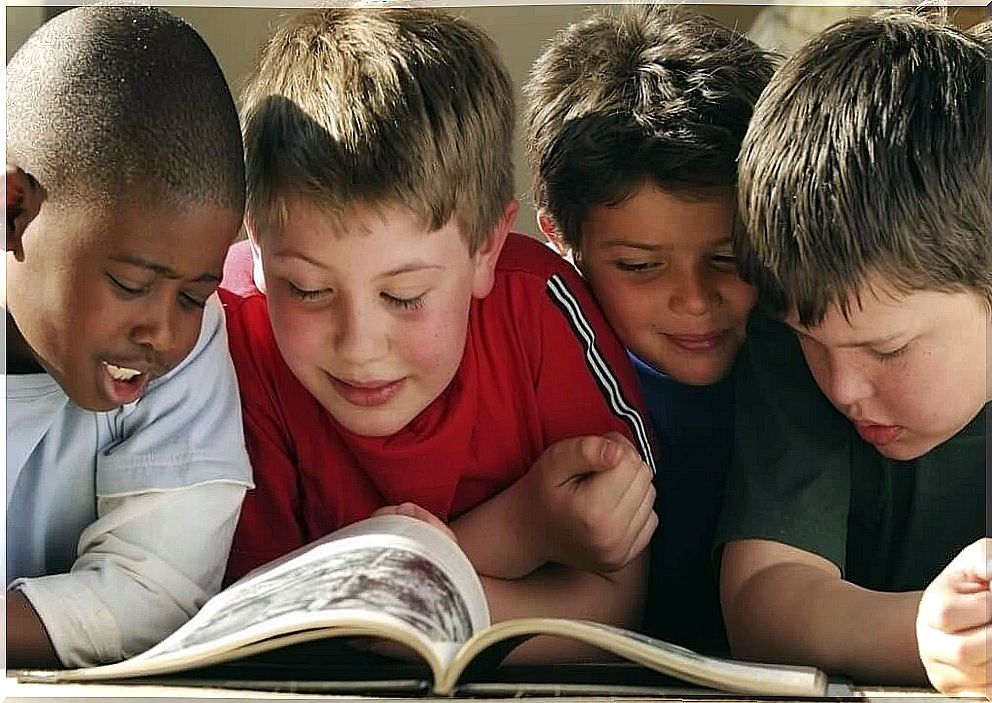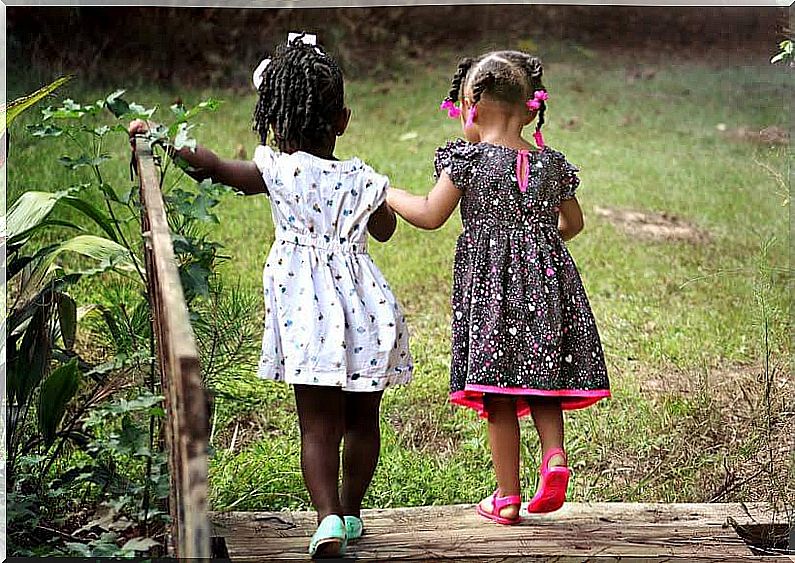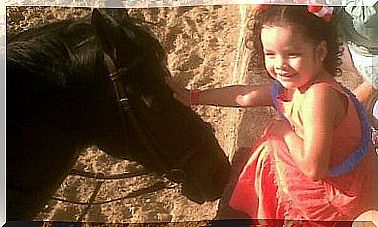My Child Can’t Share
When we reach a certain age, we learn to enjoy the pleasure of sharing. The joy of sharing with others spices our lives, but it is necessary to insist that it is necessary to have a certain degree of maturity to understand the divine that this act is. Your child will learn to do it, don’t worry. Maybe now it will cost him a lot, as for all children, but give him some time and guide him to have wonderful results.
Many parents speak with complete concern: my son doesn’t know how to share. Some feel a little frustrated and ignore the normal that children do not want to share their belongings, especially if they are between 18 months and two years old.
Added to this concern is the confusion they experience when they don’t know what to do when this happens. Therefore, they often force the child to share their toys; however, this attitude has the opposite effect on the child, who can hold the object even tighter, stubbornly.
Therefore, before forcing your child to share, it is good to consider some aspects. First of all, you need to know that sharing is an action that requires trust, empathy and security, and these principles work in the same way as for us adults.
We share with people we trust and that is a fact. Adults, however selfless we are, must recognize that we do not share all our belongings or feelings with just anyone; so why believe that children should be different?

Sharing requires trust
Between 18 months and two years of age, social relationships with children of the same age are usually quite unstable, as they form and dissolve very easily.
The friendships that your child makes, even if they are fruitful, are of little lasting because they die out as the contact with that child becomes impossible. Also most of their friendships turn out to be replaceable, as at this age children often change playmates.
However, in addition to that, your child faces another crucial difficulty, as he does not yet know how to speak very well, lacks the linguistic skills to establish certain agreements; and in order to share objects, it is definitely necessary to reach certain agreements, such as “I’ll lend you my cart, but then you give it back to me”.
These circumstances of the child’s age make it difficult for him to trust another child to want to share his belongings with him. However, as you know, this situation will not last forever, as it will change as she grows and acquires skills.
When your child is between 3 and 5 years old, relationships with children his age start to be more stable, he goes to school and can speak more fluently. In addition, the sense of friendship develops with more roots, and its language is enriched every day. All these gradually evolving capabilities enable him to share his belongings with whoever he considers his friends.
Taking all these aspects into consideration, it is critical that you avoid forcing your child to share your things with other people or children. If it’s not your will, don’t make him, because, who knows, he’s not ready for it yet.
So, when you understand the situation in all its dimensions and don’t force him to do something he doesn’t want to do, you will be helping him to defend his personal space, to learn to say no and assert himself. Your child must learn all aspects peacefully and without aggression, and in this context your intervention and guidance as a mother is essential.

Trust is crucial to being able to share
Find a happy medium for not forcing children to accept interactions with other people or adults when they don’t want to. It’s not healthy to teach them to say “yes” to everything, but against their will. The wisest thing is for them to learn to say “no” without being offensive or inappropriate.
Applying these concepts will help your child to develop self-assertion, decision and self-care strategies; so when they are older and have to face some uncomfortable or dangerous situation, they will know how to say no, because they have developed the necessary skills to do so.
And even though it sounds contradictory, this has nothing to do with the idea that you are fostering so that your child doesn’t learn to share. The ideal is that they accompany you in your social development process, that they learn from you how to be able to share. He will, trust him, but you must respect his pace and personal preferences.
It is important that during this process you teach your child the importance of respecting the well-being of others. How do you do this? Talking… it’s crucial that he understands that when another child doesn’t want to borrow his stuff, we must respect him; just as their decisions are respected, those of others must be respected.
You will find that over time your child will share their toys with certain people and at certain times. The best thing you can do is to observe him so that you can determine under what circumstances and with which children he feels confident enough to share his things, so you can help with sharing more easily.
You can reinforce the value of sharing by telling him that it’s okay for others to use their stuff, and that it’s also okay to take care and see to it that others do too. Over time, your child will discover that sharing is an activity inherent in human nature. We all like to share content on social media, good food with our loved ones, a chat, and a coffee with a great friend…









